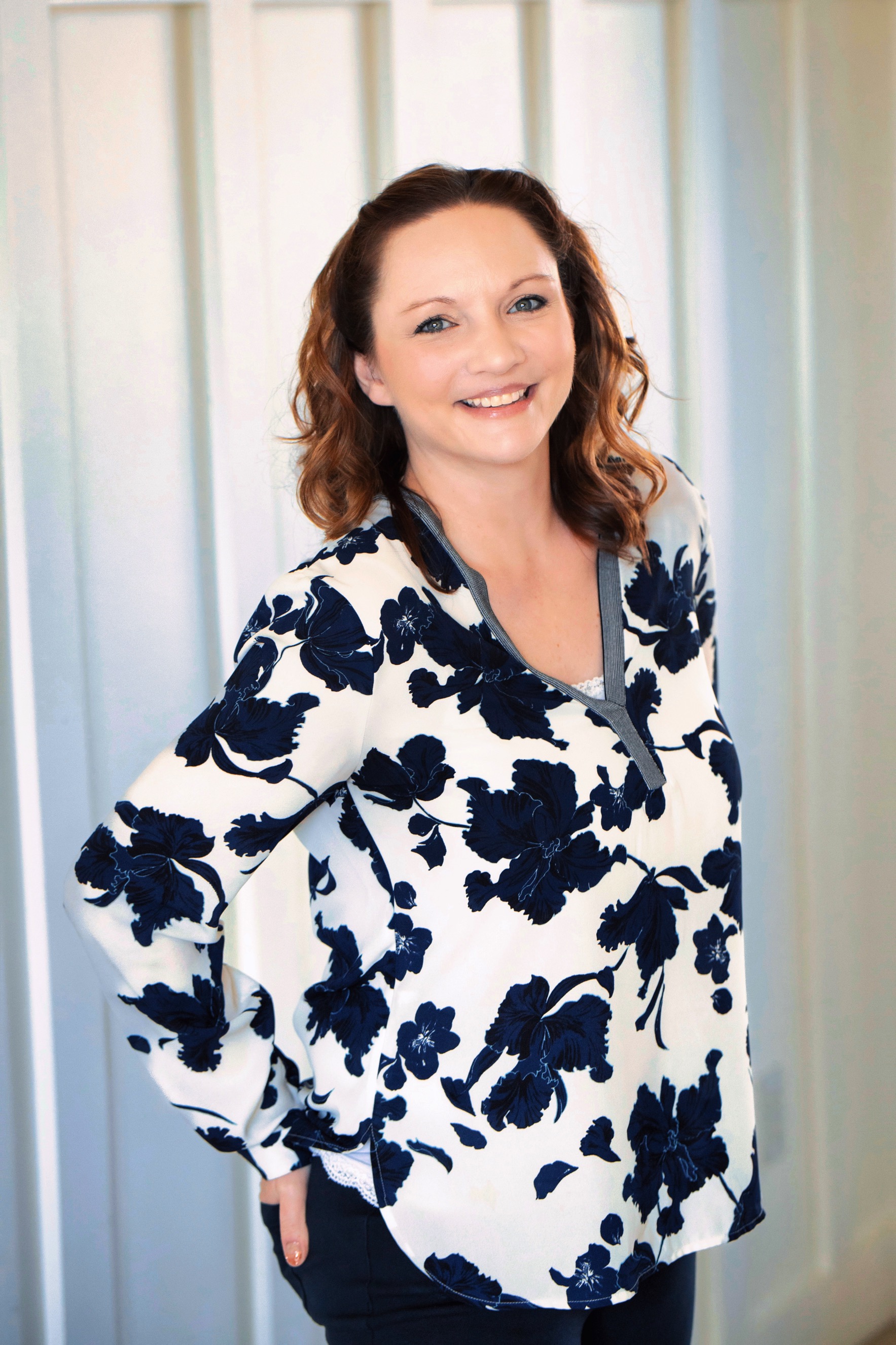Aude Castagna, MFT explores the reasons people can be compulsive pleasers and caretakers, even in the face of toxic behaviors and to their own detriment. She offers some guidance around how to start the process of change.
We start Life as helpless infants totally dependent on our caregivers, and we are hardwired to forgo their shortcomings for the sake of our survival, even at the cost of our safety or integrity.
Secure attachment
When a child’s needs are met quickly and reliably when she receives enough attuned attention from their primary caregivers, she develops a secure attachment that comes with a feeling that she is safe, unconditionally loved, and that she belongs/has a place in that family. From this solid platform, the child develops a sense of self, of who she is, what she likes and dislikes. She uses her confidence to know that she can safely explore the world, take risks, even make mistakes. Ultimately she will develop into a separate, independent adult.
Insecure attachment
With less present or attuned parents, a child develops an insecure attachment. He may not feel safe in this family, may not feel he can rely on it for support because his needs are not met, love is only
From Around the Web
©
2024
by Rindie Eagle. All rights reserved.

